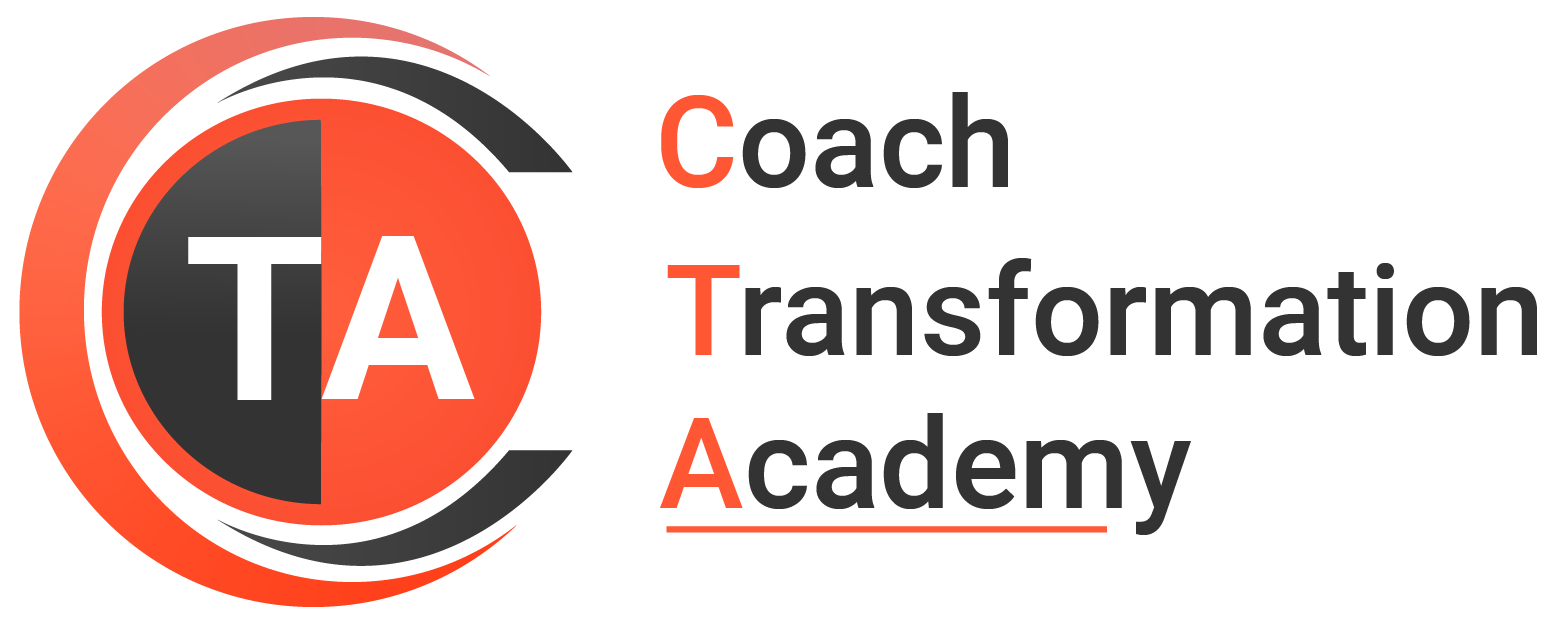Coaches have become an indispensable part of the present-day corporate framework. Their invaluable expertise and ability to initiate tangible transformation across teams are incredible. And yet, a plethora of coaching myths pop up from time, jeopardizing the positive attitude with which companies have started embracing the coaching industry. Addressing these myths is important, and accordingly, this article looks at some of the popular misconceptions about coaching and why they are nothing short of misleading.
Busting the top 5 myths about coaching:
Although concepts like team coaching and coach training are increasingly receiving more and more approval from companies globally, the true potential of the coaching industry hasn’t been unlocked yet. There are currently over 33,000 ICF-certified coaches internationally, and even though that is an impressive number, there can always be more trained professionals. Perhaps because of the proper awareness of the benefits of coaching, coaching myths have sprung up over time. Let’s debunk the most popular misbeliefs about coaching one by one.
Myth 1: Coaching is the same as mentoring and therapy
The terms ‘coaching,’ ‘therapy,’ and ‘mentoring’ are often used interchangeably. But, there is a clear distinction among them. A coach is a trained professional with clearly outlined strategies and techniques. They help corporate teams or individuals achieve their goals and targets. Coaching involves a systematic and formal curriculum that seeks to support people on their journey of self-discovery. Mentoring is much more informal and does not involve the level of commitment provided by coaching sessions. Therapy leans into psychological dissection and support. What coaching offers is unique.
Myth 2: Coaching is not a serious profession
This coaching myth seriously devalues the immense hard work that coaches put in. Certified coaches undergo rigorous training and examinations to get the knowledge and qualification. Coaches actively assist teams on a group and individual level. Countless have benefited from the guidance of their coach. Only a coach has the proper know-how about ways to improve performance, achieve objectives and become better versions of ourselves. Coaching is very much a serious profession.
Myth 3: Coaching is almost like advising
Coaching is entirely different from advising. Advice given by peers, family, or friends are seldom fool-proof means of navigating a problem. They are more of a suggestion that may or may not help you with your goals. Coaching involves providing guidance and tested strategies to help guide with their aims. It is about proactive involvement with people till they reach the desired results.
Myth 4: Coaching is not for successful people
Most people who are successful in their fields have acknowledged the role played by coaches in their lives. Coaches help fine-tune your already existing qualities. They provide direction and help you find better and more efficient ways to target your goals, something that even successful people need and prioritize. Coaching can help galvanize your progress and increase your potential if you consider yourself one of the top few.
Myth 5: Anyone can call themselves a coach
While this is true, most skilled coaches understand the ethics and competencies of professional coaching. And this is only taught in coach-specific training. And that’s the reason people who want to do coaching professionally, opt for ICF or EMCC accredited training courses.
Farewell to misconceptions, and a warm welcome to new perspectives:
Now that these coaching myths are busted, it might be a good idea to start acquiring proper knowledge about what coaches do and how to become professional coaches. If all this myth-busting has intrigued you, visit Coach Transformation’s website today. They offer over 10+ courses that any aspiring coach should definitely check out. It is about time people bid goodbye to myths and see the coaching profession for what it truly is.





